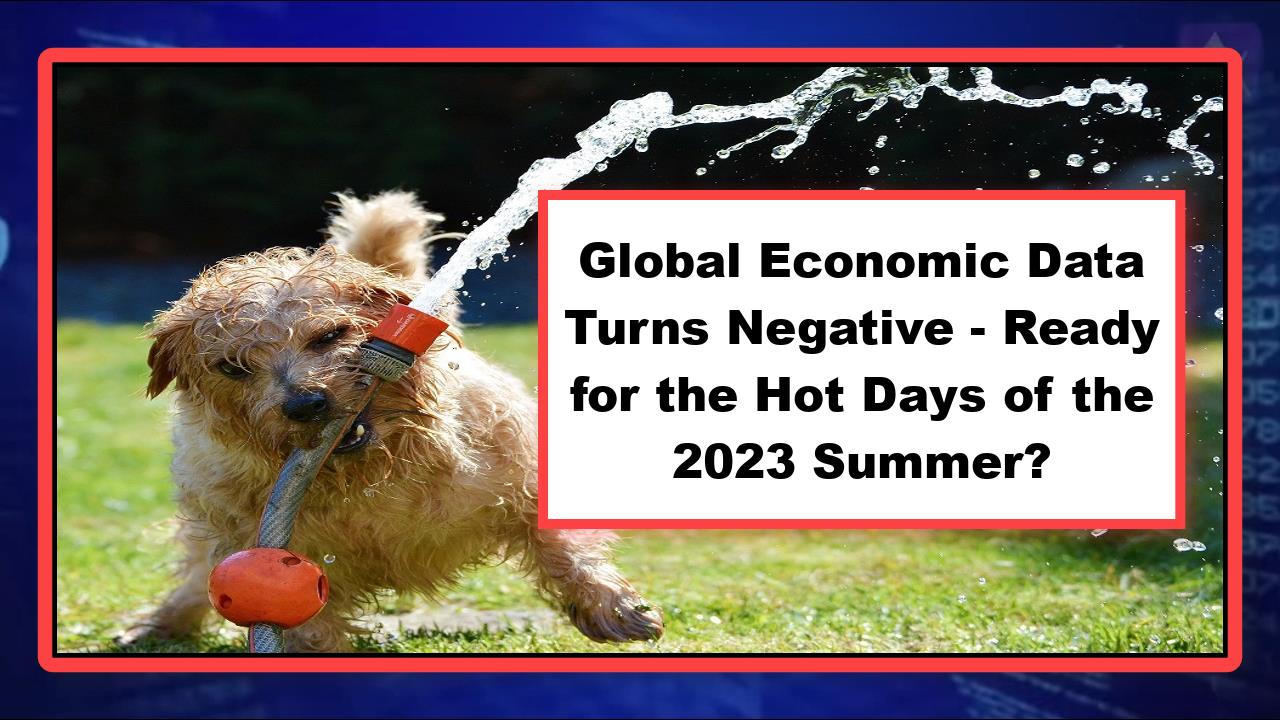AI Analysis:
A recession refers to a significant and widespread decline in economic activity within a country or a region. It is characterized by a contraction in the overall output of goods and services, a decline in employment levels, and a general slowdown in economic growth. During a recession, businesses experience reduced consumer demand, leading to lower sales and profits. This often results in layoffs and increased unemployment rates. Consumers, on the other hand, tend to reduce their spending as they become more cautious about their financial situation. The decline in economic activity during a recession can persist for several quarters or even years, causing negative effects on various sectors of the economy.
Indicators of a recession include several key economic metrics that highlight the downturn in economic activity. One significant indicator is a decline in gross domestic product (GDP), which measures the total value of goods and services produced in an economy. A negative GDP growth rate for two consecutive quarters is generally considered a sign of a recession. Another indicator is rising unemployment rates, as businesses reduce their workforce to cut costs during an economic slowdown. Reduced consumer spending and investment levels also indicate a recession, as individuals and businesses become more hesitant to make large purchases or investments. Additionally, stock market declines, falling housing prices, and tightening credit conditions are often observed during a recession, reflecting the overall deterioration of economic conditions.
Take our online poll:
Video:
References:


Comments